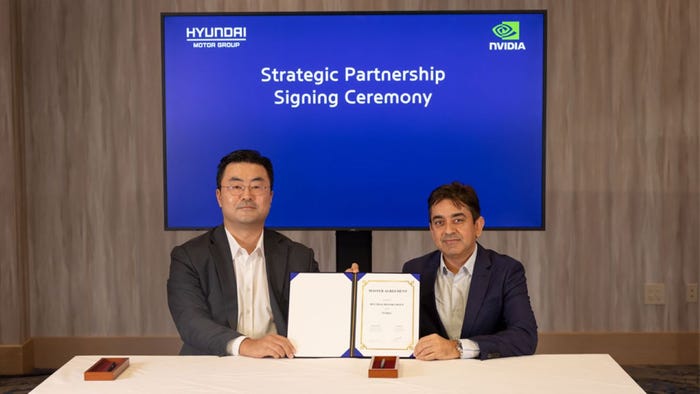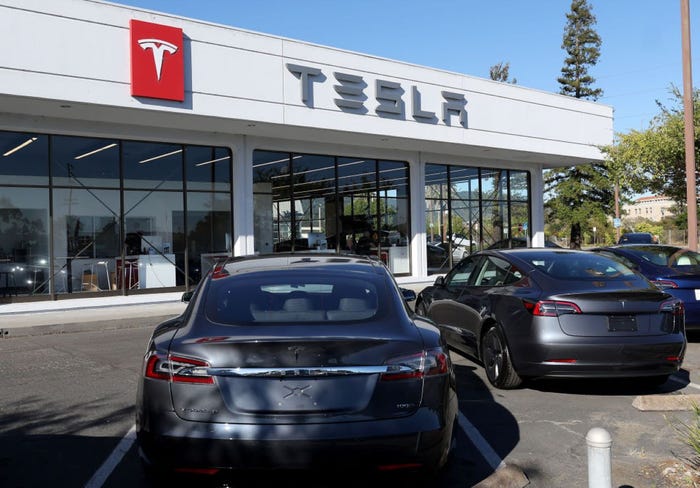GM Pulls Plug on Cruise Origin Self-Driving Taxi
GM’s CEO confirmed the decision to cull the autonomous vehicle, which has no conventional controls, in a letter to shareholders

General Motors has pulled the plug on its long-awaited Cruise Origin purpose-built self-driving taxi.
Confirmation of the culling of the radical autonomous vehicle (AV) – which does not have conventional controls – was confirmed in a letter to shareholders by GM’s CEO Mary Barra.
The decision is the latest blow for embattled Cruise, which is only now beginning to find its feet again after a disastrous few months following an incident in San Francisco last October involving one of its self-driving Chevrolet Bolts which left a pedestrian seriously injured.
Announcing the decision, Barra said: “The Cruise team will simplify their path to scale by focusing their next autonomous vehicle on the next-generation Chevrolet Bolt, instead of the Origin.
“This addresses the regulatory uncertainty we faced with the Origin because of its unique design. In addition, per-unit costs will be much lower, which will help Cruise optimize its resources.”
The Origin is a radical, boxy six-seater, with no steering wheel or pedals, that has been in development for a number of years and was designed from the ground up to deliver Level 4 automation. As well as deployment in the U.S., GM was also planning a rollout in Japan.
Because of its unique design, the Origin required special dispensation to run on public roads. As recently as 10 months ago, then Cruise CEO Kyle Vogt was boasting that it was “days away” from the last required regulatory approval [from the National Highway Traffic Safety Administration].
He previously claimed this would signal the green light for “thousands of AVs rolling out of General Motors plants”.
But by Oct. 2, Cruise’s world had been turned upside down after a pedestrian was dragged along the road by one of its converted Bolt AVs after being hit by another car.
It had its licenses revoked in California and suspended all activities nationally before key executives – including Vogt – were let go and hundreds of jobs axed as GM commissioned an independent report that was highly critical of how Cruise had handled the affair and its aftermath.
Amid all this, in early November it was confirmed that it was “temporarily” pausing production on the Origin, while insisting that the cab was still “an important part of the AV journey.” Now, as the company makes tentative steps back onto the road, testing in Phoenix, Dallas and Houston, that is no longer the case.
As with everything related to Cruise, the decision to ditch the Origin is a costly one, although it makes sense given the regulatory landscape. GM reported a charge of $583 million in Q2 that was related to restructuring costs and the non-cash write-off of Origin assets. Cruise had a total operating loss of $1.1 billion during the three-month period, and GM felt compelled to announce another investment of $850 million in early June.
The next-generation all-electric Bolt is likely to arrive in 2025, with production of the previous-generation version having ended in late 2023. However, it is not yet clear when an autonomous version that would suit Cruise’s needs will be ready for the road.
However, despite the Origin’s demise, Barra was keen to strike an optimistic tone for shareholders, saying: “I also want to recognize the progress Cruise has made over the last several months. Our vision to transform mobility using autonomous technology is unchanged, and every mile traveled, and every simulation brings us closer because Cruise is an AI-first company.”
About the Author
You May Also Like








